If you’ve noticed that your sink is taking a significant amount of time to drain out water, or isn’t draining any at all, it’s likely you are dealing with a slow draining sink.
There are some other telltale signs that this issue is occuring, including…
Hearing gurgling sounds coming from your drain when draining water
Water backing up in your sink, even in small amounts
Foul odors from the drain
Standing water in your sink after use
This can be caused by minor clogs and buildup in the drain of hair, soap, grease/oil, etc.
We have listed 5 quick tips to successfully whip your sink back into shape!
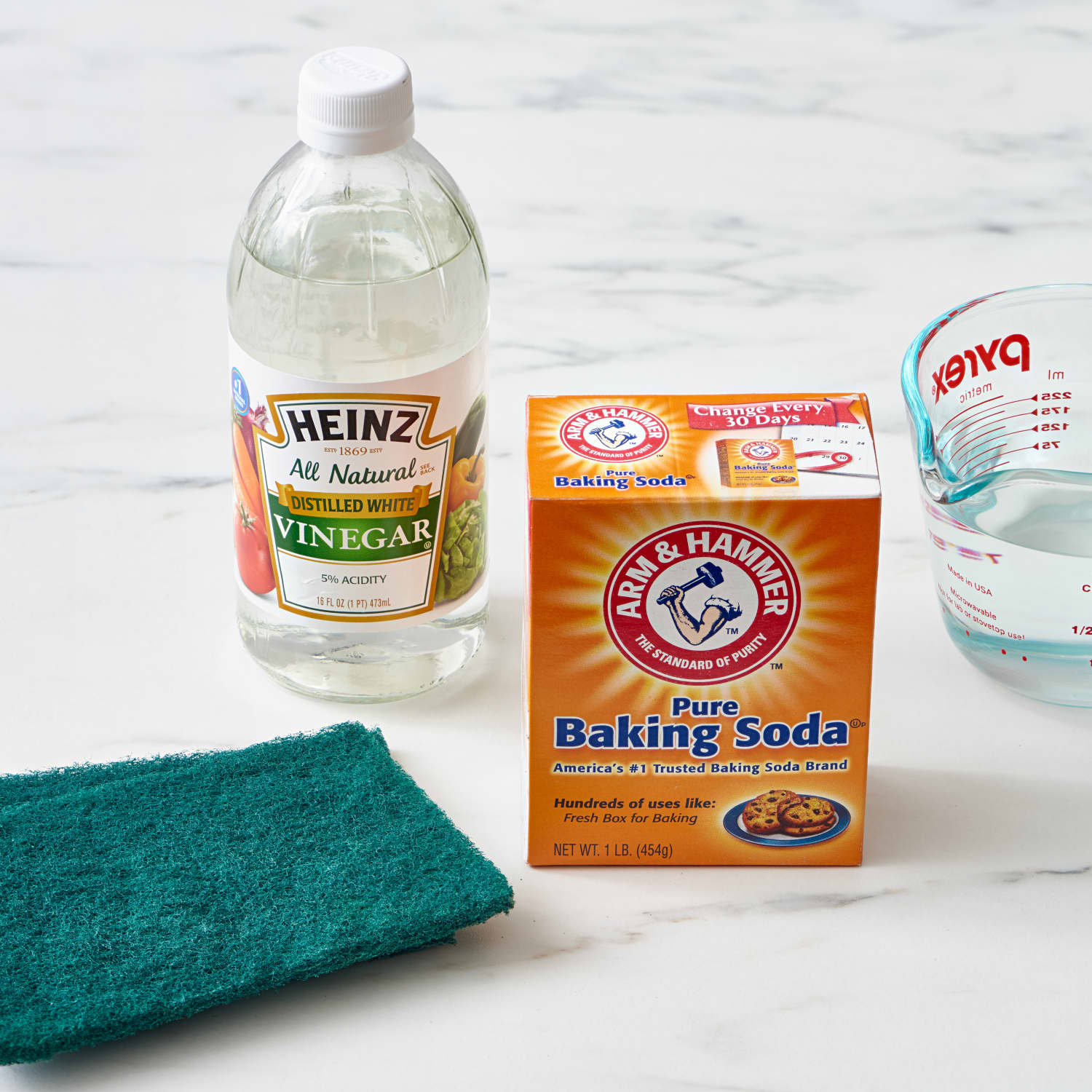
1. Baking Soda and Vinegar
This method involves pouring half of a cup of baking soda into the drain, followed by half a cup of vinegar. Let those sit for 15-30 minutes before pouring boiling water into the drain to break down the buildup efficiently.
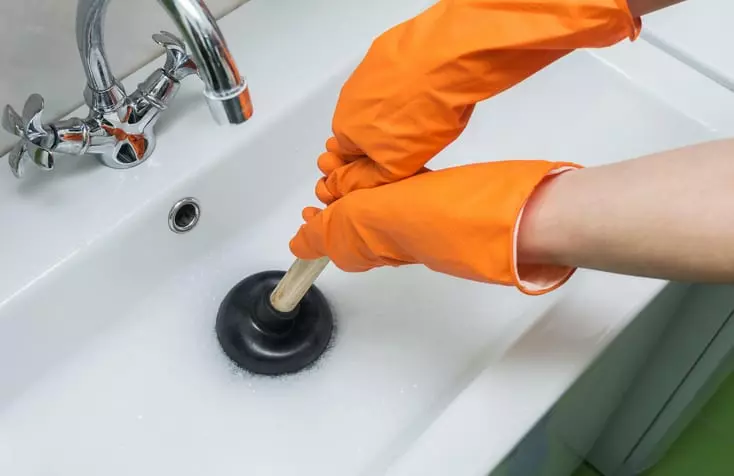
2. Use a Plunger
A couple strong plunges over the drain, the same way you would plunge a toilet, can have enough suction power to break loose some minor clogs. Make sure to cover the sink overflow with an item such as a rag to make a seal before you get to plunging.
After this, begin plunging for around 15 seconds, making sure you are not plunging too aggressively. Then, run a test on the movement of the water to see if the clog is still present in the drain.
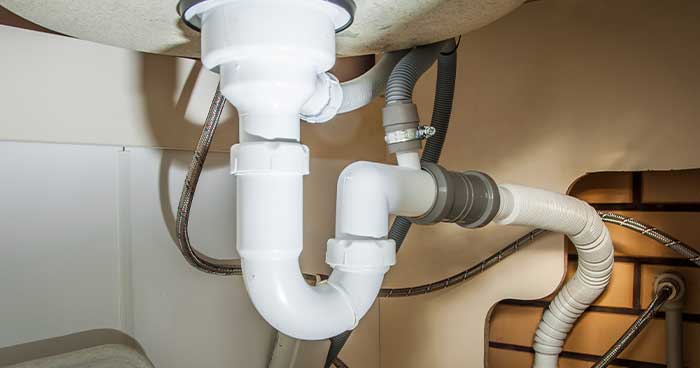
3. Clean the P-Trap
The P-trap, which is the curved pipe under your sink, can collect debris over time. Place a bucket or other container underneath the P-Trap, unscrew the connections, and remove the trap. Next, clean out any built up debris you can find, and then reattach the trap back on before testing your drain.
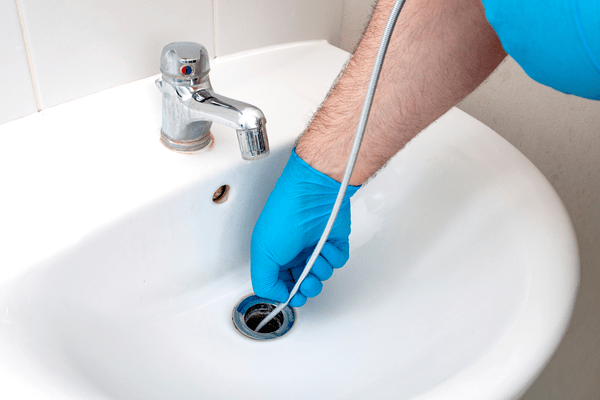
4. Use a Drain Snake
If the clog is further down the drain, a snake can be quite effective in relieving it. Feed the snake into your drain up until you feel resistance, then push and twist the snake to break loose or extract the clog.
This is a great tool for more difficult blockages that can’t be resolved from simpler methods.
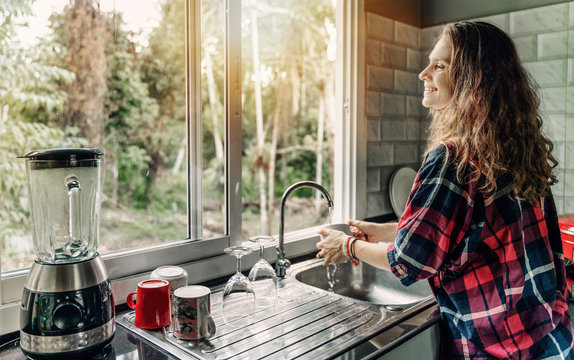
5. Avoiding Clogs in the Future
In order to properly prepare your sink to avoid future blockages, it is important to regularly clean your sink drains to reduce the build up of debris (P.S. Baking soda and vinegar works great for this, as well as hot water)
In addition, avoid putting items down the drain that might cause issues such as pieces of large food, grease, etc.
It is also worth considering a drain strainer to catch debris before a clogged drain arises.
If these tips don’t help resolve the problem, it may be a sign your clog could be a bigger issue, and you may need professional help.
Need assistance with a slow draining sink? Call us and fix it today!

